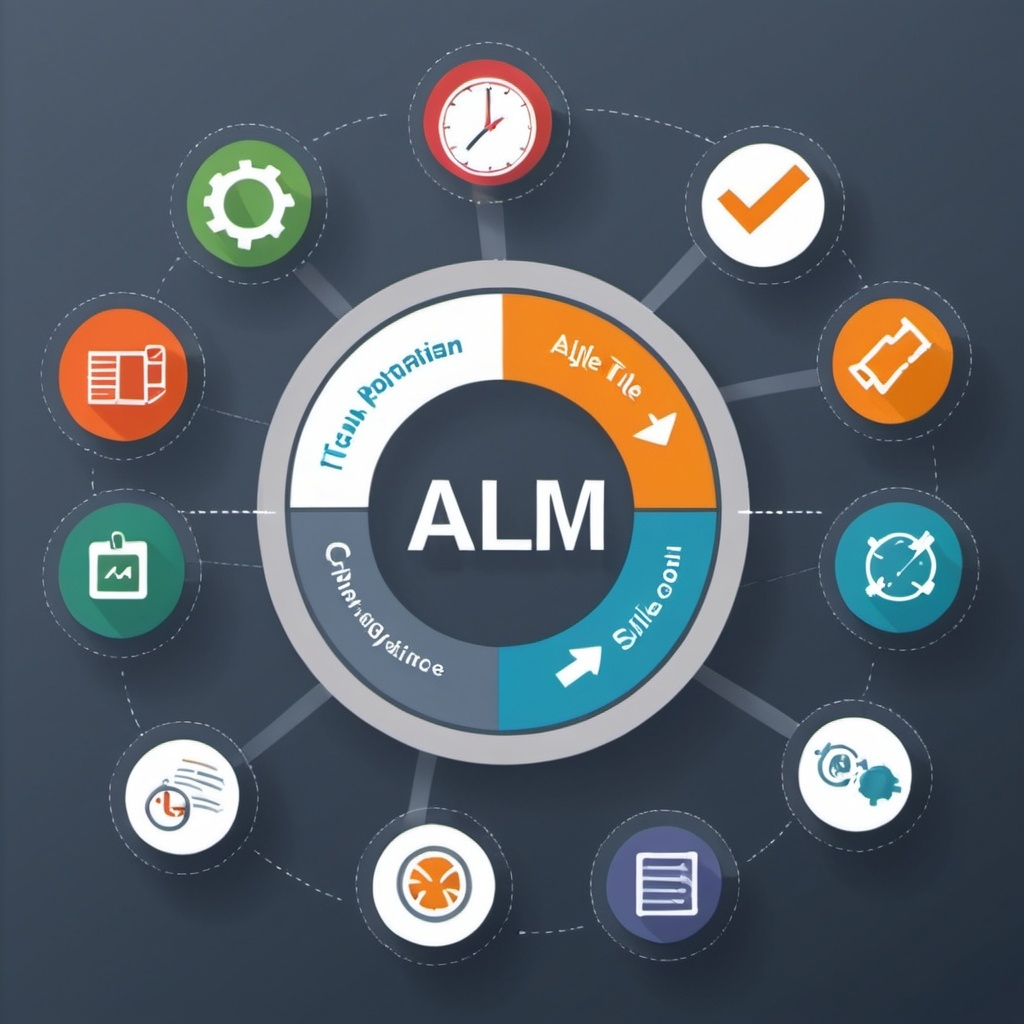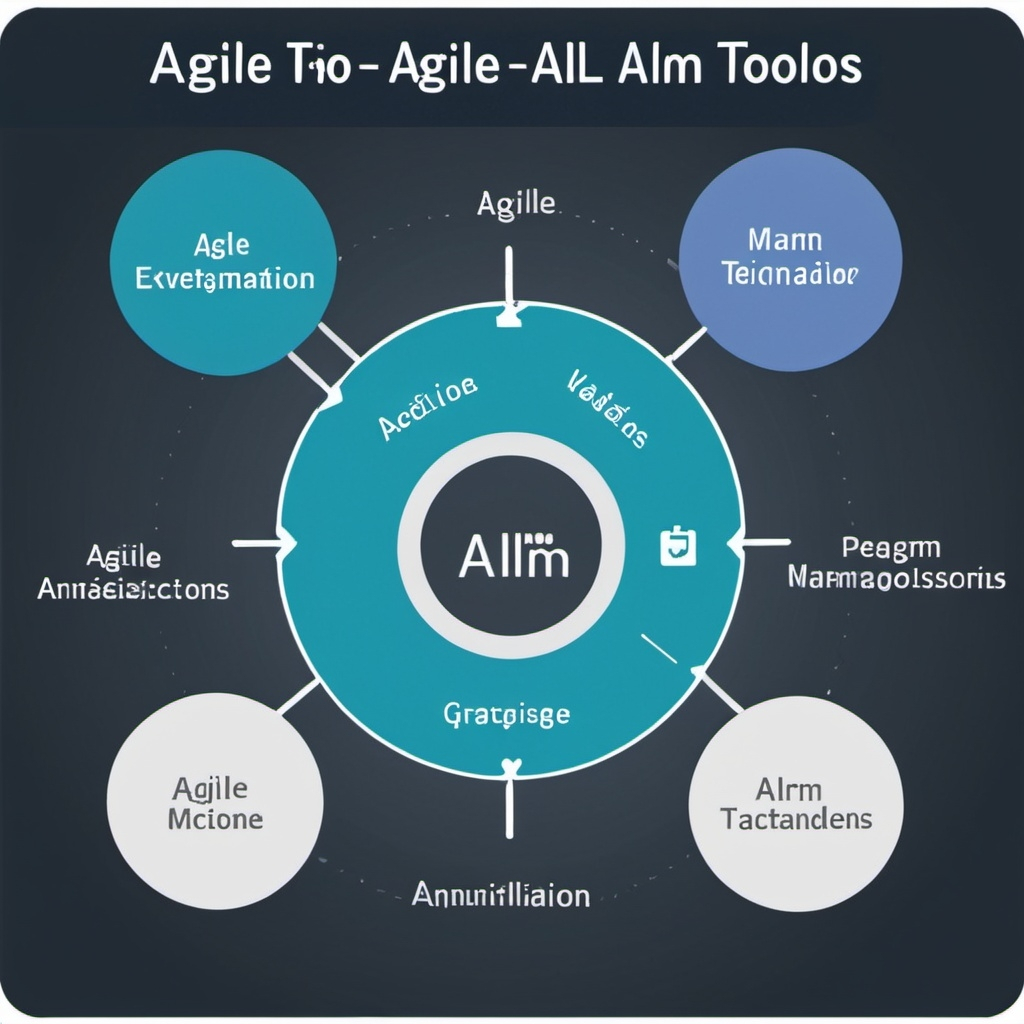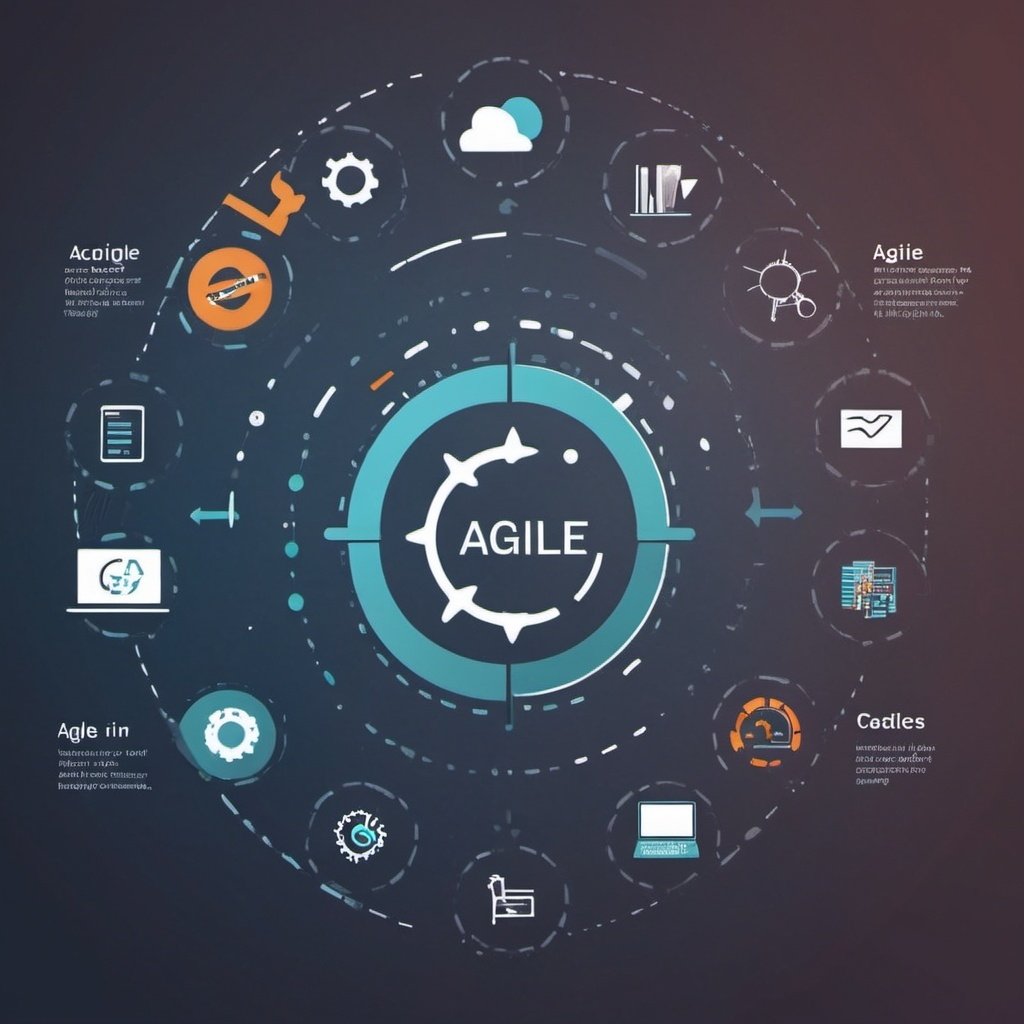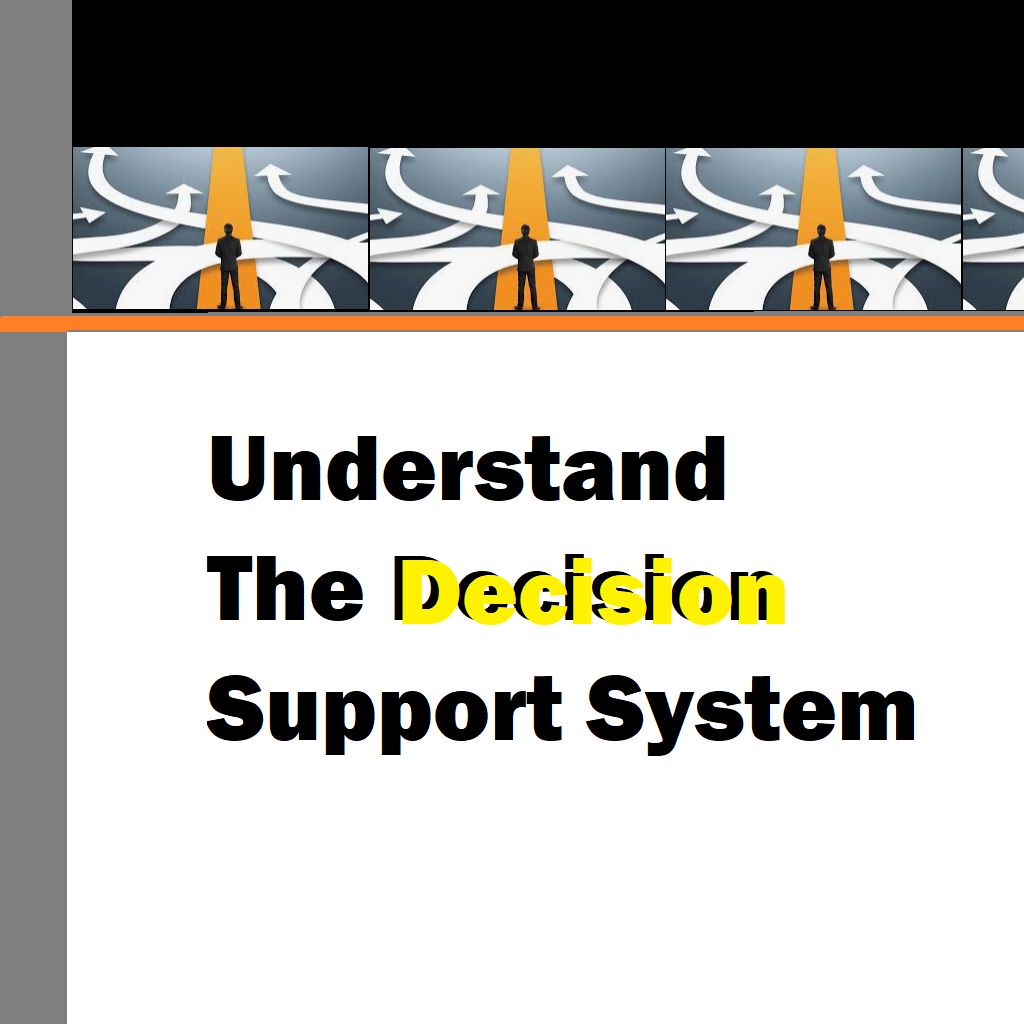Enhancing Project Efficiency and Collaboration
In the dynamic world of software development, Agile methodologies have revolutionized how teams approach projects, emphasizing flexibility, collaboration, and customer satisfaction. As Agile practices continue to gain popularity, the need for effective Application Lifecycle Management (ALM) tools becomes increasingly evident. Agile ALM tools are designed to streamline the entire software development lifecycle, from planning and development to testing and deployment. These tools not only enhance productivity but also foster better communication and collaboration among team members, ensuring that projects are delivered on time and within budget.
Agile ALM tools play a pivotal role in managing and integrating the various phases of software development. They offer a comprehensive suite of features that support Agile principles, such as iterative development, continuous integration, and frequent delivery. By providing a centralized platform for tracking progress, managing tasks, and coordinating efforts, these tools help teams maintain agility while ensuring that all stakeholders remain aligned with the project’s goals.
One of the key benefits of Agile ALM tools is their ability to provide real-time insights into the development process. Teams can easily monitor the status of tasks, identify bottlenecks, and make informed decisions to keep the project on track. Additionally, these tools often come equipped with reporting and analytics capabilities, enabling teams to measure performance, identify areas for improvement, and demonstrate progress to stakeholders.
In this article, we will explore the various aspects of Agile ALM tools, including their features, benefits, and the role they play in modern software development. We will also discuss some of the most popular Agile ALM tools available today, comparing their functionalities and highlighting their unique advantages. By the end of this article, you will have a comprehensive understanding of how Agile ALM tools can transform your software development processes, making them more efficient, collaborative, and adaptive to change.
What are Agile ALM Tools?
Agile ALM (Application lifecycle management) tools are software applications designed to manage the entire lifecycle of a software project using Agile methodologies. They integrate various aspects of project management, development, testing, and deployment into a single platform, enabling teams to collaborate more effectively and deliver high-quality software more efficiently. These tools support Agile principles by promoting iterative development, continuous integration, and regular feedback loops, ensuring that the final product meets the needs and expectations of the end-users.
Key Features of Agile ALM Tools
- Project Planning and Management: Agile ALM tools provide robust project planning and management capabilities, allowing teams to create and manage backlogs, prioritize tasks, and plan sprints. They offer features such as user story mapping, Kanban boards, and Gantt charts to visualize project progress and ensure that everyone is aligned with the project’s objectives.
- Collaboration and Communication: Effective communication and collaboration are essential in Agile environments. Agile ALM tools facilitate seamless interaction among team members through features like chat, discussion forums, and real-time notifications. These tools also integrate with other communication platforms, such as Slack and Microsoft Teams, to enhance team collaboration.
- Source Code Management: Agile ALM tools often include source code management (SCM) capabilities, allowing teams to manage and version their code repositories. This ensures that code changes are tracked, conflicts are resolved, and the integrity of the codebase is maintained. Popular SCM integrations include Git, SVN, and Mercurial.
- Continuous Integration and Continuous Deployment (CI/CD): Agile ALM tools support CI/CD practices by automating the build, test, and deployment processes. This helps teams deliver software updates more frequently and reliably, reducing the risk of integration issues and ensuring that new features and bug fixes are promptly released.
- Testing and Quality Assurance: Ensuring the quality of the software is crucial in Agile development. Agile ALM tools provide features for automated and manual testing, bug tracking, and test case management. These tools help teams identify and resolve defects early in the development process, improving the overall quality of the software.
- Reporting and Analytics: Agile ALM tools offer comprehensive reporting and analytics capabilities, enabling teams to measure their performance and identify areas for improvement. These tools provide insights into key metrics, such as velocity, burndown charts, and defect density, helping teams make data-driven decisions.
- Customization and Integration: Every team has unique requirements, and Agile ALM tools offer customization options to tailor the tool to specific workflows. Additionally, these tools integrate with various other applications and services, such as JIRA, Confluence, Jenkins, and Docker, to create a seamless development ecosystem.
Benefits of Using Agile ALM Tools
- Enhanced Collaboration: Agile ALM tools foster better collaboration among team members by providing a centralized platform for communication and task management. This ensures that everyone is on the same page, reducing misunderstandings and improving overall efficiency.
- Improved Visibility and Transparency: With Agile ALM tools, teams can gain real-time visibility into the project’s status, identify potential roadblocks, and make informed decisions. This transparency helps in maintaining accountability and ensures that stakeholders are kept in the loop.
- Faster Delivery: By automating various aspects of the development process, Agile ALM tools help teams deliver software updates more frequently and reliably. This enables faster time-to-market and ensures that new features and bug fixes are promptly released to the end-users.
- Higher Quality: Agile ALM tools support rigorous testing and quality assurance practices, ensuring that defects are identified and resolved early in the development process. This results in higher-quality software that meets the needs and expectations of the end-users.
- Data-Driven Decisions: The reporting and analytics capabilities of Agile ALM tools provide teams with valuable insights into their performance. By analyzing key metrics, teams can identify areas for improvement, optimize their workflows, and make data-driven decisions to enhance their productivity.
- Scalability: Agile ALM tools are designed to support teams of all sizes, from small startups to large enterprises. They offer scalability options to accommodate the growing needs of the organization, ensuring that the tool can grow with the team.

Popular Agile ALM Tools
JIRA
JIRA, developed by Atlassian, is one of the most widely used Agile ALM tools, renowned for its flexibility and comprehensive feature set. It supports various Agile methodologies, including Scrum, Kanban, and hybrid approaches, making it suitable for a wide range of teams and projects. JIRA provides robust project planning and management capabilities, allowing teams to create and manage backlogs, plan sprints, and track progress with ease. Its intuitive user interface and customizable dashboards help teams visualize their workflows and stay organized.
One of JIRA’s standout features is its powerful issue and task tracking system. Teams can create detailed tickets for tasks, bugs, and user stories, assign them to team members, and set priorities and deadlines. The tool also supports detailed reporting and analytics, providing insights into team performance, sprint velocity, and project progress. JIRA’s integration with other Atlassian products, such as Confluence for documentation and Bitbucket for source code management, further enhances its capabilities, creating a seamless development ecosystem.
Additionally, JIRA’s marketplace offers numerous plugins and extensions, allowing teams to tailor the tool to their specific needs. These integrations can enhance functionality, automate workflows, and connect JIRA with other tools used in the development process, such as CI/CD pipelines and testing frameworks. Overall, JIRA’s flexibility, extensive feature set, and strong ecosystem make it a top choice for Agile teams looking to improve their project management and collaboration.
Rally (CA Agile Central)
Rally, also known as CA Agile Central, is a robust Agile ALM tool designed to support the needs of both small and large teams. It excels in facilitating Agile project management through its comprehensive suite of features, including backlog management, sprint planning, and progress tracking. Rally supports multiple Agile methodologies, such as Scrum and Kanban, allowing teams to choose the approach that best fits their workflow.
One of Rally’s key strengths is its powerful reporting and analytics capabilities. The tool provides detailed insights into team performance, project progress, and key metrics like velocity and burndown rates. These insights help teams identify bottlenecks, measure productivity, and make data-driven decisions to improve their processes. Rally’s customizable dashboards and reports allow teams to visualize their progress and track important metrics in real time.
Rally also offers strong integration capabilities, connecting seamlessly with various development tools and services. This includes integrations with popular SCM systems, CI/CD pipelines, and testing frameworks, enabling teams to create a cohesive development environment. Additionally, Rally’s user-friendly interface and comprehensive documentation make it easy for teams to get up and running quickly, ensuring a smooth transition to the tool.
Overall, Rally’s combination of powerful features, robust reporting, and strong integration capabilities make it a valuable tool for Agile teams looking to enhance their project management and delivery processes.
VersionOne
VersionOne is an end-to-end Agile ALM tool designed to support the entire software development lifecycle. It provides a comprehensive suite of features for Agile project management, including backlog management, sprint planning, and release tracking. VersionOne supports various Agile methodologies, such as Scrum, Kanban, and Scaled Agile Framework (SAFe), making it suitable for teams of all sizes and maturity levels.
One of VersionOne’s standout features is its highly customizable dashboards and reporting capabilities. Teams can create tailored views to track their progress, visualize key metrics, and identify areas for improvement. The tool’s reporting features provide detailed insights into team performance, project health, and key Agile metrics like velocity and burndown charts. These insights enable teams to make data-driven decisions and continuously improve their processes.
VersionOne also excels in fostering collaboration and communication among team members. It offers integrated tools for team collaboration, including chat, discussion forums, and real-time notifications. These features help keep everyone on the same page and ensure that important information is easily accessible. Additionally, VersionOne integrates with a wide range of development tools and services, including SCM systems, CI/CD pipelines, and testing frameworks, creating a seamless development environment.
Overall, VersionOne’s robust feature set, strong reporting capabilities, and emphasis on collaboration make it a powerful tool for Agile teams looking to streamline their development processes and improve their project outcomes.
Azure DevOps
Azure DevOps, developed by Microsoft, is a comprehensive suite of tools designed to support Agile project management and continuous integration/continuous deployment (CI/CD) practices. It offers a wide range of features, including backlog management, sprint planning, and source code management, making it a versatile tool for Agile teams. Azure DevOps supports various Agile methodologies, such as Scrum and Kanban, allowing teams to choose the approach that best fits their workflow.
One of Azure DevOps’ key strengths is its seamless integration with other Microsoft products, such as Visual Studio and Azure, providing a unified development environment. This integration enables teams to manage their entire development lifecycle, from planning and coding to testing and deployment, within a single platform. Azure DevOps also supports various SCM systems, including Git, allowing teams to manage their code repositories and track changes effectively.
Azure DevOps excels in automating the build, test, and deployment processes through its CI/CD capabilities. Teams can set up automated pipelines to ensure that code changes are continuously integrated and tested, reducing the risk of integration issues and enabling faster delivery of software updates. The tool also provides robust reporting and analytics features, offering insights into team performance, project progress, and key metrics.
Overall, Azure DevOps’ comprehensive feature set, strong integration capabilities, and emphasis on CI/CD make it a powerful tool for Agile teams looking to enhance their project management and delivery processes.
Agile Manager
Agile Manager, developed by Micro Focus, is a powerful Agile ALM tool designed to support Agile project management and delivery. It provides a comprehensive suite of features, including backlog management, sprint planning, and progress tracking, to help teams manage their projects effectively. Agile Manager supports various Agile methodologies, such as Scrum and Kanban, allowing teams to choose the approach that best fits their workflow.
One of Agile Manager’s standout features is its robust reporting and analytics capabilities. The tool provides detailed insights into team performance, project progress, and key metrics like velocity and burndown rates. These insights help teams identify bottlenecks, measure productivity, and make data-driven decisions to improve their processes. Agile Manager’s customizable dashboards and reports allow teams to visualize their progress and track important metrics in real time.
Agile Manager also excels in fostering collaboration and communication among team members. It offers integrated tools for team collaboration, including chat, discussion forums, and real-time notifications. These features help keep everyone on the same page and ensure that important information is easily accessible. Additionally, Agile Manager integrates with a wide range of development tools and services, including SCM systems, CI/CD pipelines, and testing frameworks, creating a seamless development environment.
Overall, Agile Manager’s robust feature set, strong reporting capabilities, and emphasis on collaboration make it a valuable tool for Agile teams looking to enhance their project management and delivery processes.
Monday.com
Monday.com is a versatile project management tool that supports Agile methodologies, providing a flexible and user-friendly platform for teams to manage their projects. It offers a comprehensive suite of features, including backlog management, sprint planning, and progress tracking, making it suitable for Agile teams of all sizes. Monday.com’s intuitive interface and customizable workflows help teams visualize their tasks and stay organized.
One of Monday.com’s key strengths is its emphasis on collaboration and communication. The tool provides various features for team collaboration, including chat, discussion forums, and real-time notifications. These features help keep team members informed and ensure that everyone is on the same page. Monday.com also integrates with a wide range of other tools and services, such as Slack, Google Drive, and GitHub, enhancing its capabilities and creating a cohesive development environment.
Monday.com offers robust reporting and analytics features, providing insights into team performance, project progress, and key metrics. Teams can create customized dashboards to track their progress, visualize their workflows, and identify areas for improvement. The tool’s flexibility and ease of use make it a popular choice for Agile teams looking for a versatile and user-friendly project management solution.
That said, Monday.com’s combination of flexibility, strong collaboration features, and robust reporting capabilities make it an excellent choice for Agile teams looking to enhance their project management and delivery processes.

How to Choose the Right Agile ALM Tool
Choosing the right Agile ALM tool can significantly impact the efficiency and success of your software development projects. Here are some factors to consider when selecting an Agile ALM tool:
- Team Size and Structure: Consider the size and structure of your team when choosing an Agile ALM tool. Some tools are better suited for small teams, while others offer features and scalability options for larger organizations.
- Methodology Support: Ensure that the tool supports the Agile methodology your team follows, whether it’s Scrum, Kanban, or a hybrid approach. The tool should provide features that align with your preferred workflow.
- Integration Capabilities: Check if the tool integrates with other applications and services you use, such as source code management systems, CI/CD pipelines, and communication platforms. Seamless integration can enhance your team’s productivity and streamline your development processes.
- Customization Options: Look for a tool that offers customization options to tailor it to your team’s specific workflows and requirements. This ensures that the tool can adapt to your evolving needs.
- User Experience: Consider the user experience and interface of the tool. A user-friendly and intuitive interface can reduce the learning curve and improve adoption among team members.
- Reporting and Analytics: Ensure that the tool provides robust reporting and analytics capabilities to help you measure your team’s performance and make data-driven decisions.
- Cost: Evaluate the cost of the tool and compare it with your budget. Consider the pricing model, such as subscription-based or per-user pricing, and choose a tool that offers the best value for your investment.
Conclusion
Agile ALM tools are essential in modern software development, providing comprehensive features that manage and integrate the entire lifecycle of a project. Tools like JIRA, Rally, VersionOne, Azure DevOps, Agile Manager, and Monday.com offer robust capabilities for project planning, task management, collaboration, and continuous integration/continuous deployment (CI/CD). They support various Agile methodologies, enabling teams to choose the approach that best fits their workflow and ensures efficient project management.

These tools enhance collaboration and communication among team members, providing real-time insights into project progress and performance. Their reporting and analytics features allow teams to make data-driven decisions, optimize workflows, and improve productivity. Integration with other development tools and services further streamlines the development process, creating a cohesive and efficient work environment.
Choosing the right Agile ALM tool depends on factors such as team size, methodology support, integration capabilities, and customization options. By selecting a tool that aligns with your team’s needs and workflows, you can significantly enhance your project management processes, ensuring timely delivery of high-quality software. Agile ALM tools are indispensable for teams aiming to maintain agility, foster collaboration, and achieve project success in today’s fast-paced development landscape.
Curated for you:





Hi there! Would you mind if I share your blog with my twitter group? There’s a lot of folks that I think would really enjoy your content. Please let me know. Cheers
I always was concerned in this subject and still am, regards for putting up.